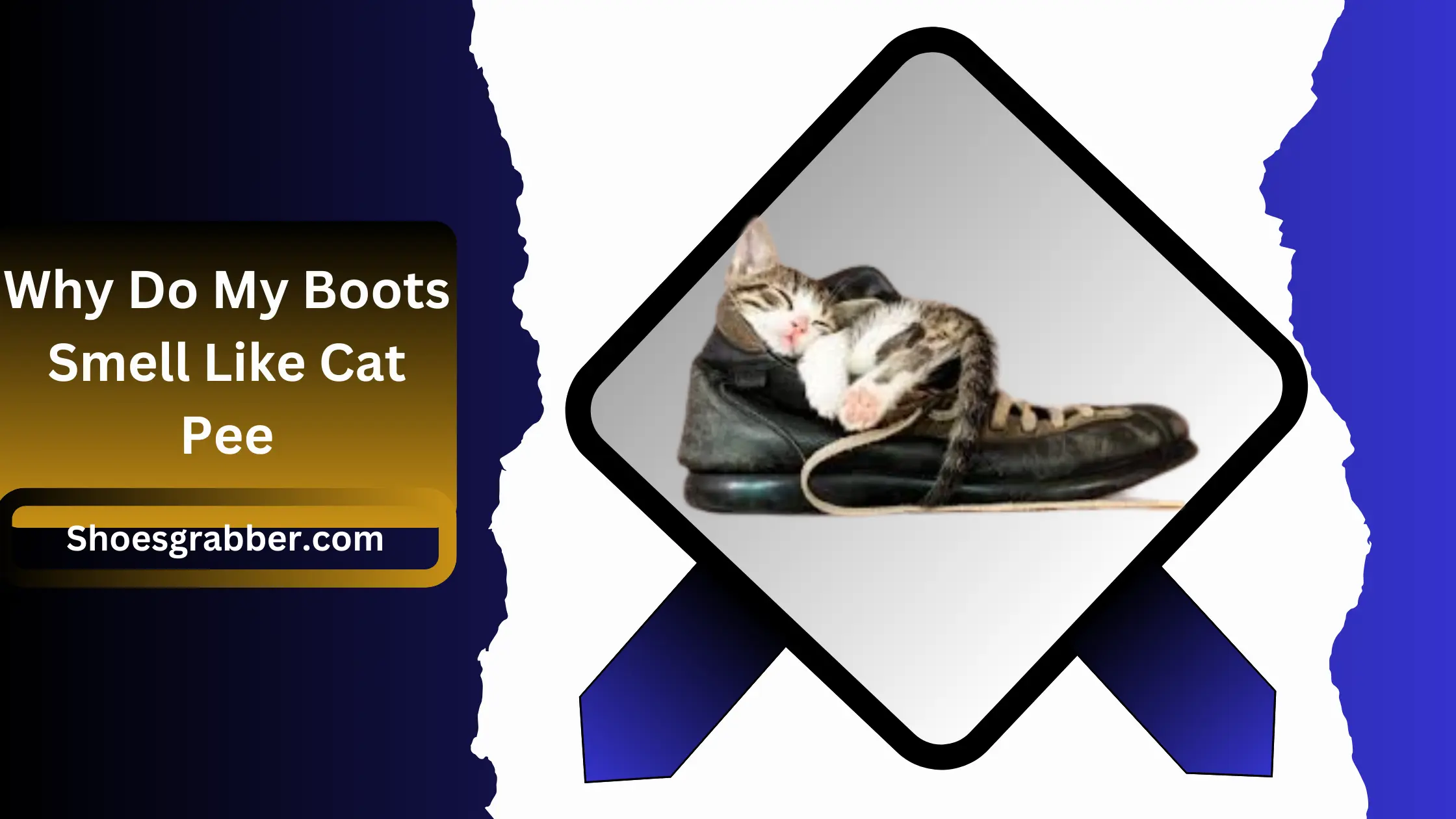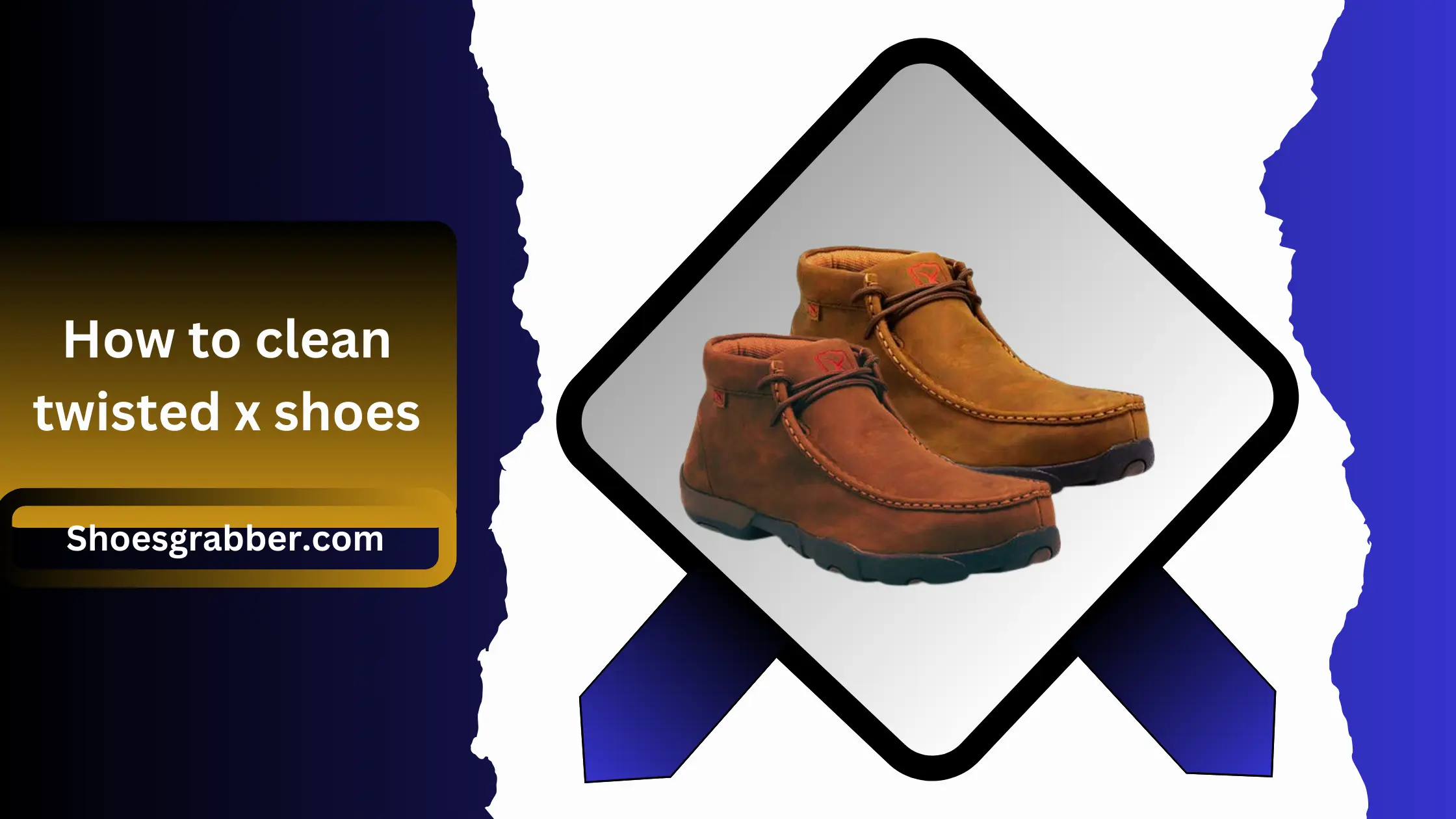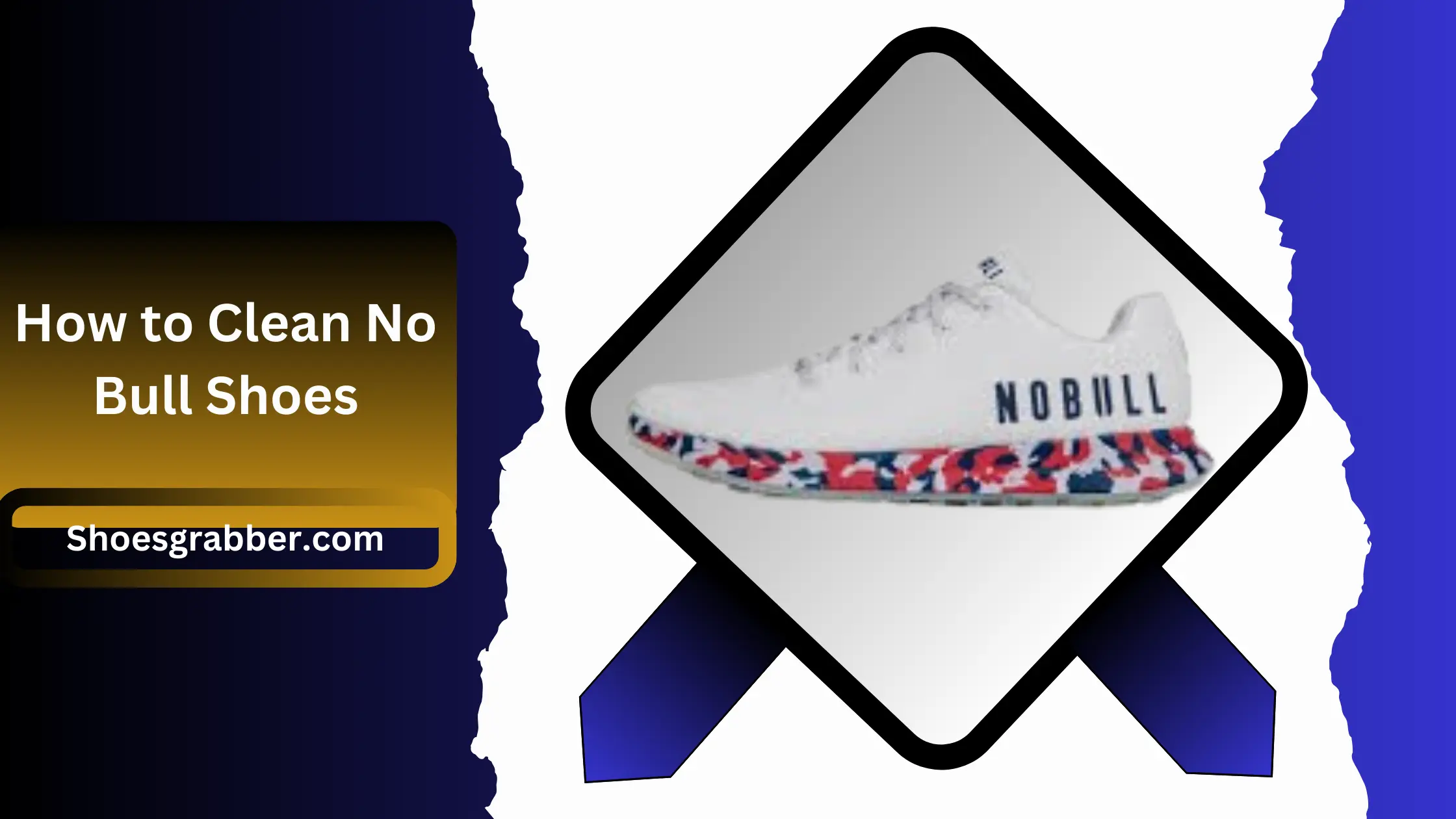Are you wondering why your boots smell like cat pee? You’re not alone. Many people struggle with this issue and believe it or not, there are a few possible culprits behind the odor.
In this blog post, we’ll discuss the possible causes of boot-related odors and provide important information on how to understand and prevent smelly feet in different scenarios. So read on for valuable insight into why your boots may be seemingly emitting an unwelcome scent and tips for getting rid of it!
Discover the Surprising Reasons Why Your Boots Might Smell Like Cat Pee:
Bacteria and Fungus Growth
One of the most common reasons for smelly boots is the growth of bacteria and fungus. These microorganisms thrive in warm, moist environments like your sweaty feet inside your boots!
When these organisms break down sweat, they can produce an unpleasant odor that resembles cat pee. This can also happen when you wear the same pair of boots repeatedly without giving them time to dry out properly.
To prevent bacteria and fungus growth, make sure to always wear clean socks with your boots and avoid wearing the same pair of boots two days in a row. Give your boots ample time to air out and dry between wears, preferably in a well-ventilated area.
Sweat Absorption
Another common culprit behind boot odors is the material of the boots themselves. Some materials, such as leather and synthetic fabrics, are more prone to absorbing sweat than others. This can lead to a buildup of bacteria and fungus, resulting in a strong odor.
To combat this issue, consider investing in boots made from breathable materials like cotton or canvas. These materials allow for better ventilation and can help reduce sweat absorption.
Additionally, regularly cleaning and treating your boots with products designed to prevent bacteria and odor can also help keep them smelling fresh.
Cat Urine Contamination
This may seem like an unlikely cause, but if you have cats in your home, it’s important to consider the possibility of cat urine contamination on or near your boots. Cats often mark their territory by urinating on objects and this can include your boots if they have been left out or not properly stored.
To prevent cat urine contamination, make sure to store your boots in a secure place where cats cannot access them. If you suspect that your boots may have come into contact with cat urine, thoroughly clean them with an enzymatic cleaner to remove the scent.
Foot Hygiene
Last but not least, it’s important to consider your own foot hygiene when trying to solve the mystery of why your boots smell like cat pee. Poor foot hygiene, such as not washing or drying your feet properly, can lead to a buildup of bacteria and sweat that can then transfer onto your boots.
To improve foot hygiene, make sure to wash and dry your feet thoroughly before putting on your boots. Additionally, regularly exfoliating and moisturizing your feet can also help reduce bacteria and sweat buildup.
Helpful Tips to Stop Your Boots From Smelling Like Cat Pee:
Use Baking Soda
Baking soda is a great natural deodorizer that can help neutralize odors in your boots. Simply sprinkle a generous amount of baking soda inside your boots and let it sit overnight. In the morning, shake out the excess powder and you should notice a significant reduction in odor.
Try Vinegar
Another natural solution for eliminating boot odors is vinegar. Mix equal parts water and white vinegar in a spray bottle and spray the solution inside your boots. Let it sit for a few minutes before wiping it out with a clean cloth.
Use Odor-Eliminating Insoles
Consider investing in odor-eliminating insoles that are specifically designed to combat bacteria and fungus growth. These can be easily inserted into your boots and can help keep them smelling fresh for longer periods of time.
Alternate Between Multiple Pairs of Boots
As mentioned earlier, wearing the same pair of boots repeatedly without giving them time to dry out can lead to bacteria and fungus growth. To prevent this, try alternating between multiple pairs of boots throughout the week so each pair has time to properly air out and dry.
Consult a Professional
If you have tried all of the above solutions and are still struggling with smelly boots, it may be time to consult a professional. A podiatrist or boot specialist can help diagnose any underlying foot issues that may be contributing to the odor and provide personalized advice for keeping your feet and boots fresh.
Embrace Scented Sachets
If you’re looking for a more long-term solution, consider placing scented sachets or cedar chips inside your boots when they are not being worn. These can help absorb any residual moisture and leave your boots smelling pleasant.
Keep Your Feet and Boots Dry
It may seem obvious, but keeping your feet and boots dry is key to preventing odors. If you know you have sweaty feet, consider using a foot powder or antiperspirant specifically designed for feet before putting on your boots.
Wash Your Boots Regularly
Last but not least, make sure to regularly wash your boots according to the manufacturer’s instructions. This will help remove any buildup of bacteria and fungus that may have accumulated over time. Also, make sure to thoroughly dry your boots before wearing them again to prevent any further bacteria growth.
How to Keep Your Shoes Fresh Longer?
Aside from following the tips mentioned above, there are also some general practices you can adopt to keep all of your shoes smelling fresh for longer periods of time. These include:
Wearing clean socks with your shoes:
Just like with boots, wearing clean socks can help prevent bacteria and fungus growth in your shoes.
Using foot powder or antiperspirant:
As mentioned earlier, these products can help keep your feet dry and prevent odors from forming.
Air out your shoes regularly:
It’s important to give your shoes time to air out and dry between wears. Try not to wear the same pair of shoes two days in a row.
Store your shoes in a well-ventilated area:
Keeping your shoes in a well-ventilated area can help prevent moisture buildup and reduce the risk of odor-causing bacteria.
Clean your shoes regularly:
Just like with boots, make sure to regularly clean your shoes according to the manufacturer’s instructions to prevent buildup of bacteria and fungus.
Consider odor-neutralizing sprays:
If you’re dealing with particularly stubborn odors, there are also sprays specifically designed to neutralize shoe odors.
Rotate between multiple pairs of shoes:
Similar to alternating between multiple pairs of boots, rotating between different pairs of shoes can give each pair time to dry out and prevent odors from forming.
Store shoes properly:
Make sure to store your shoes in a dry and clean place, away from any potential sources of moisture or odors.
Replace worn out insoles:
Insoles can accumulate bacteria and sweat over time, so make sure to regularly replace them to keep your shoes smelling fresh.
Prevention Tips - Keeping Cat Pee Away from Your Boots:
Keep your boots in a secure place:
As mentioned earlier, keeping your boots away from cats can prevent them from urinating on them.
Use deterrent sprays:
There are also sprays available that can help deter cats from urinating in certain areas. Consider using these around the area where you typically store your boots.
Cover your boots with a fabric or plastic covering:
If you know your cat has a habit of urinating on certain objects, consider covering your boots with a fabric or plastic covering when they are not in use.
Train your cat:
With patience and consistency, it is possible to train cats to avoid certain areas in the house.
Consult a veterinarian:
If your cat’s behavior continues despite taking preventive measures, it may be a sign of an underlying health issue. Consult a veterinarian for advice and potential treatment options.
Clean any accidents immediately:
If your cat does manage to urinate on your boots, make sure to clean the area thoroughly and use an enzymatic cleaner specifically designed to remove pet urine odors.
Use litter box attractants:
These products can help encourage your cat to use their litter box instead of urinating on objects around the house.
Keep litter boxes clean:
Cats are more likely to use their litter boxes if they are kept clean and free of any unpleasant odors.
Provide enough litter boxes:
It’s recommended to have one litter box per cat, plus an additional one. This can help prevent accidents and reduce territorial behavior.
Reward good behavior:
Positive reinforcement can go a long way in training cats. Make sure to reward your cat when they use their litter box instead of urinating on objects around the house.
Different Types of Boot Protection to Keep Cat Pee Away:
Waterproofing sprays:
These sprays can help create a barrier on the surface of your boots, making it more difficult for cat urine to seep in.
Boot covers:
Similar to using fabric or plastic covering, boot covers can provide an extra layer of protection against cat pee.
Shoe racks:
Storing your boots on a shoe rack can keep them elevated and out of reach from curious cats.
Cleaning solutions:
There are cleaning solutions specifically designed to remove pet urine odors from objects, including boots.
Cat repellent products:
These products emit a scent that is unpleasant for cats, deterring them from getting near your boots.
Boot liners:
Some boot liners come with antimicrobial properties that can help prevent bacteria and fungus growth, reducing the risk of odors.
Electric deterrents:
These devices emit a small shock or ultrasonic sound when triggered by motion, which can startle cats and discourage them from approaching your boots.
Boot bags:
Similar to boot covers, these bags provide a protective layer around your boots while also making them easier to store and transport.
Silicone shoe tree:
This can help keep the shape of your boots while also absorbing any moisture, reducing the risk of odors.
Regular cleaning and maintenance:
Properly caring for your boots, including regular cleaning and maintenance, can help prevent any cat pee incidents in the first place.
Tips for choosing Shoes and Boots That are Less Likely to Cause this Issue:
Opt for closed-toe shoes and boots:
Closed-toe styles provide less room for cats to urinate inside compared to open-toe styles.
Choose darker colored shoes:
Dark colors are better at hiding any potential stains or odors from cat pee accidents.
Avoid suede materials:
Suede is more porous and can be difficult to clean if it does come in contact with cat pee.
Look for antimicrobial properties:
Some shoe brands offer shoes and boots with antimicrobial properties, which can help prevent bacteria and odors from forming.
Choose washable materials:
Consider choosing shoes and boots made from materials that are easy to clean and machine washable if needed.
Avoid leaving your shoes or boots on the floor:
Cats are more likely to target objects on the floor, so make sure to store your shoes and boots in a designated area when not in use.
Consider slip-on styles:
Slip-on shoes and boots can be easier to clean if they do come into contact with cat urine compared to lace-up styles.
Invest in high-quality materials:
Higher quality materials are often more durable and easier to clean, reducing the risk of damage from cat urine.
Avoid shoes with intricate designs or detailing:
These styles can be more difficult to clean if they do come into contact with cat pee.
Pay attention to fit and comfort:
Shoes that don’t fit properly or cause discomfort for your pet can lead to accidents, so make sure to choose shoes and boots that are comfortable for your cat.
Conclusion:
Ultimately, the answer to why my boots smell like cat pee remains somewhat of a mystery. Nevertheless, this doesn’t mean that the issue can’t be solved. It will take effort and trial and error in order to determine what is causing the unpleasant odor emanating from my boots.
I think it would be wise to take some preventative measures such as properly storing them in the closet and keeping them away from any cats. Additionally, using a spraying boot cleaner might help as well.
Until that remedy is found, I must go on with a bit of embarrassment every time I put my boots on! On that note, maybe it’s time for me to look into getting a new pair of shoes entirely one which doesn’t smell like cat pee!





